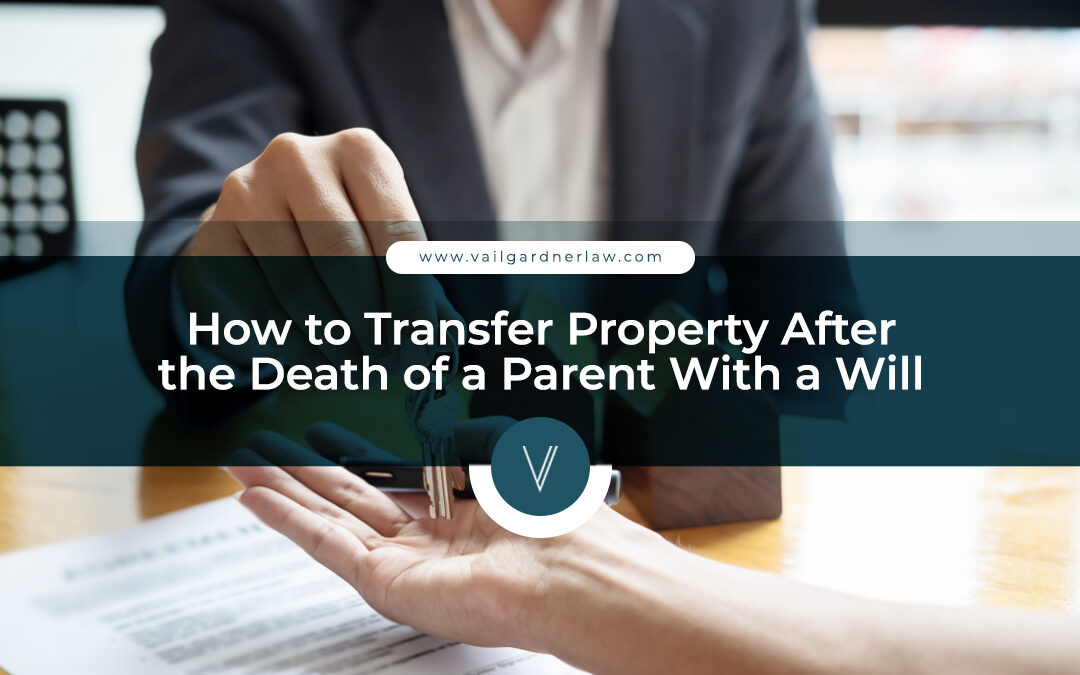Vail gardner law
Blog
My blog can be a helpful resource as you plan your estate.
Information is powerful when putting together your estate plan. At Vail Gardner Law, I update my blog regularly with helpful estate planning information, as well as updates about my upcoming estate planning workshops and other news about my law firm in Durham, North Carolina.
The information on this website is for general information purposes only. It should not be taken as legal advice for any situation. By viewing this website, no attorney-client relationship is established.

Does a Power of Attorney Need to Be Notarized in North Carolina?
When you’re preparing important legal documents, like a Power of Attorney (POA), there’s often confusion about the specific requirements involved. You might wonder, “Does a power of attorney need to be notarized? Is it necessary, and is the document valid without it?”
In North Carolina, the laws are clear, but it’s easy to miss the finer details. Let’s talk about what you need to know to ensure your Power of Attorney is effective and legally binding. Understanding these steps will help you avoid any potential setbacks.

How to Transfer Property After the Death of a Parent With a Will
Losing a parent is never easy, and the last thing you want is additional stress when it comes to handling their estate. If your parent left a will, you might feel a bit more at ease knowing their wishes are documented. However, understanding how to navigate the legal steps for transferring property can still feel overwhelming. You need to know how to transfer property after death of a parent with a will. We’re here to walk through this process together, breaking it down into manageable steps so you can focus on what truly matters during this difficult time. Let’s get started.

How Much Does Estate Planning Cost in Durham, North Carolina?
When you think about estate planning, you might worry, “How much does estate planning cost?” So, let’s talk about the costs. In North Carolina, what should you expect to spend on estate planning? We’ll break it down for you, making it easy to understand without feeling overwhelmed.
Most people think that estate planning is something only the wealthy need to worry about. But the truth is, everyone can benefit from a well-crafted estate plan.
Whether you’re just starting out with a small family or you’ve accumulated significant assets over the years, having a clear plan in place can save your loved ones a lot of stress and confusion down the road.
Understanding these costs is a crucial step in securing your family’s future. Let’s dive into the details together.

Can You Set Up a Trust Without an Attorney in NC?
You might be wondering if you can set up a trust in North Carolina without the help of an attorney. It’s a question many people have, especially when looking to manage their assets and ensure their loved ones are taken care of. You can set up a trust on your own. However, there are several important factors to consider to make sure everything is done correctly. Let’s explore the considerations involved in creating a trust without legal assistance, so you can feel confident in your decision and process.

How Much Money Can Be Put in a Special Needs Trust?
If you’re caring for a loved one with special needs, you know how important it is to ensure their financial future is secure. One way to do this is by setting up a special needs trust. But how much money can you actually put into one of these trusts? It’s a common question, and the answer can significantly impact your planning. Let’s dive into the details together.
When setting up a special needs trust, you’re taking a big step toward securing your loved one’s future. But it’s essential to understand the rules and limits involved. This type of trust is designed to benefit individuals with disabilities without jeopardizing their eligibility for government benefits like Medicaid or Supplemental Security Income (SSI).
The good news is that there is no limit to the amount of money you can put into a special needs trust. This flexibility allows you to provide as much support as needed. However, the trust must be managed properly to ensure it meets legal requirements and serves its intended purpose.
In this blog, we’ll explore the various aspects of funding a special needs trust. We’ll cover how these funds can be used, the types of trusts available, and the potential impact on your loved one’s benefits. By the end, you’ll have a clear understanding of how to make the most of this valuable tool in your financial planning toolkit.
So, let’s get started and ensure you’re equipped with the knowledge to provide the best possible future for your loved one.

How Much Does an Estate Have to Be Worth to Go to Probate?
When you’re planning your estate or dealing with the loss of a loved one, understanding the probate process in North Carolina is crucial. Many people wonder how much an estate needs to be worth before it has to go through probate. In North Carolina, if an estate’s value is below a certain threshold, you may be able to avoid formal probate through a simplified process. This can save time, money, and stress during an already difficult period. However, if the estate surpasses this value, the court may require formal probate. As of now, estates valued at $20,000 or less may qualify for a simplified process called a small estate affidavit. For surviving spouses, this limit is increased to $30,000. Let’s explore the specifics of probate, the assets that count, and what steps you can take to simplify the process.
